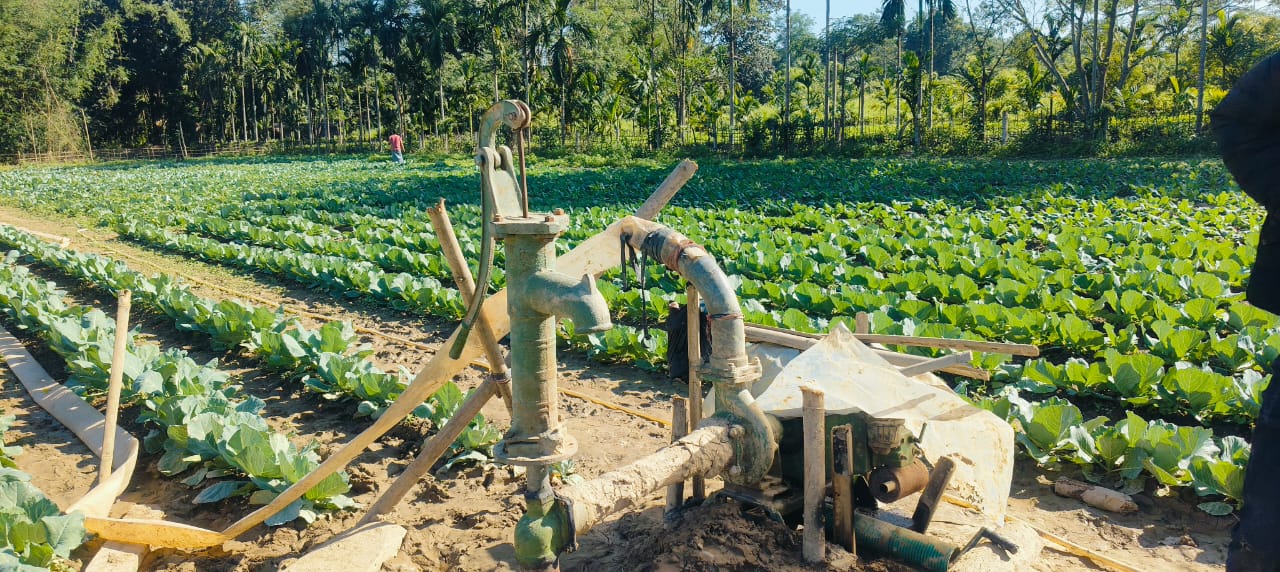Water and Land Management

Our water and land management strategy delivers measurable outcomes through these interconnected pathways:

Watershed-Based Agricultural Development
Through our extensive network of FPOs in Assam, Arunachal Pradesh, Mizoram, Manipur, and Tripura, we implement interventions that follow natural watershed boundaries. This approach ensures holistic resource management that balances upstream conservation with downstream productivity, as evidenced in our work across diverse topographies from Dhemaji’s floodplains to Arunachal’s highlands.
Climate-Adaptive Land Use
Our workshop on “Climate Change, Climate Resilient Agriculture and Adaptation Techniques” in Dibrugarh exemplifies our commitment to promoting land use patterns that respond to changing climatic conditions. By integrating traditional knowledge with scientific understanding, we help communities adapt their land management practices to increasing rainfall variability and temperature changes.


Natural Farming for Soil Health
We have successfully transitioned multiple FPOs to natural farming techniques that restore soil fertility while optimizing water use. The Amguri Allied Agri Producer Company’s implementation of vermicompost and vermi wash techniques in Sibsagar demonstrates our focus on building soil organic matter, which simultaneously improves water retention capacity and reduces irrigation requirements.
Integrated Fisheries Management
Our formation of 69 Fish Farmer Producer Organizations (FFPOs) under the Pradhan Mantri Matsya Sampada Yojana across multiple states reflects our commitment to optimizing water resources for productive use while maintaining ecological balance in aquatic systems.


Crop Diversity for Resource Efficiency
Our promotion of traditional crops like black rice in Dhemaji, beroin rice in Cachar, and foxtail millet in Lakhimpur through respective FPOs demonstrates our strategy of matching crop selection to local water availability and soil conditions, ensuring optimal resource utilization.
Participatory Resource Mapping
We engage communities in mapping and monitoring land and water resources, building local capacity for resource governance while ensuring interventions are grounded in local ecological realities.

